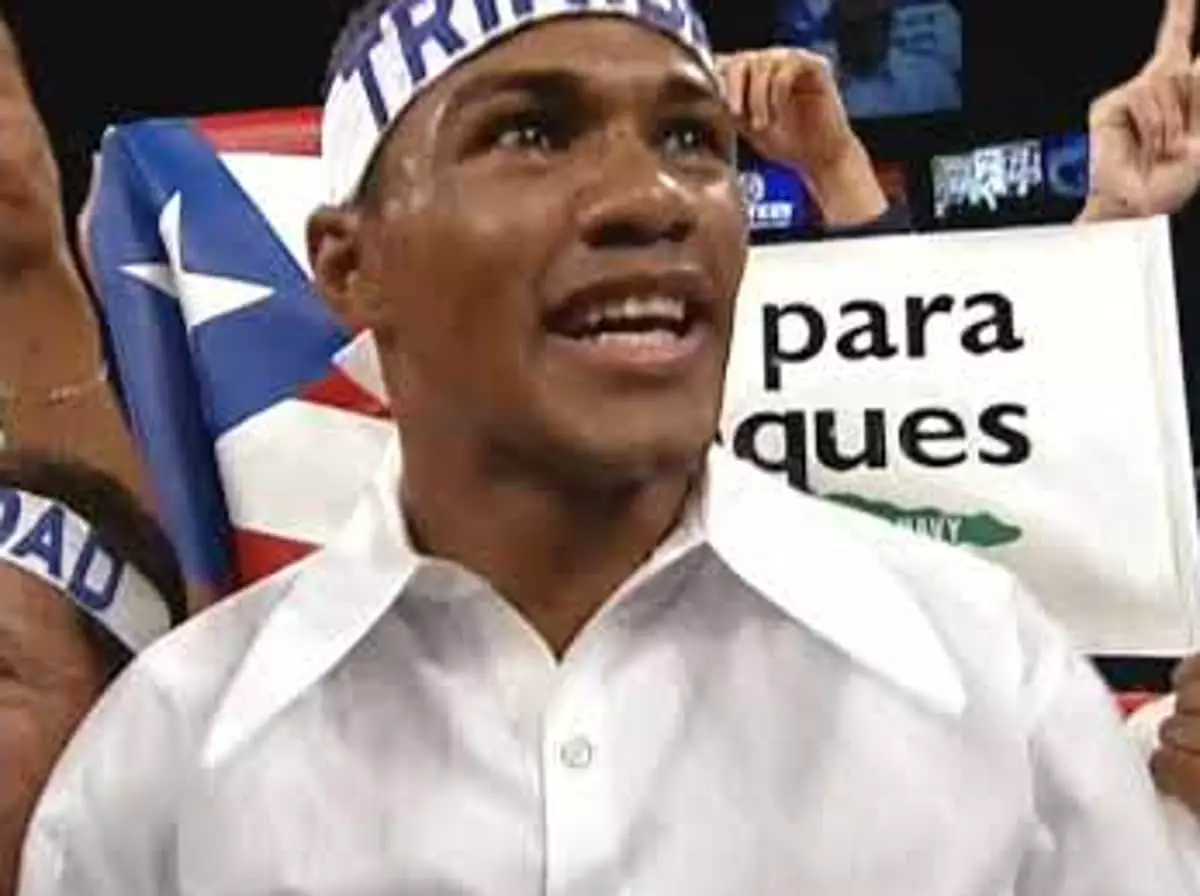In the pantheon of boxing’s most iconic matchups, few encounters evoke as much fervent debate as the 1999 welterweight unification bout between Felix Trinidad and Oscar De La Hoya. This super-fight, held at the Mandalay Bay in Las Vegas on September 18th, was more than a mere sporting event; it was a spectacle that showcased the clashing styles, cultural backgrounds, and careers of two of the sport’s most celebrated figures. Fans and analysts alike still grapple with the legacies attached to this fight, not solely due to its high stakes but also due to the contentious outcome that left many feeling either elated or cheated.
Two Champions Enter the Ring
Leading up to the fight, both fighters boasted unblemished records, which added to the anticipation surrounding the event. De La Hoya, known as “The Golden Boy,” entered the ring undefeated at 31-0, with 25 of those victories coming by knockout. His technical prowess and speed were often on display, making him a formidable opponent. Trinidad, on the other hand, was a powerhouse; carrying an unbeaten streak of 35-0 with 30 knockouts, he was a reigning champion who thrived in the spotlight. The fight was further amplified by the personalities and nationalities of the two athletes, with De La Hoya embracing his Mexican-American roots while Trinidad represented Puerto Rican pride.
Despite the thrilling build-up, the fight itself diverged sharply from the expectations. Many hoped for an explosive encounter filled with action reminiscent of previous legendary bouts; however, the reality unfolded as a tactical chess match. Early rounds showcased De La Hoya’s intelligent boxing skills, where he built an early lead on points. His ability to outmaneuver Trinidad and rack up scoring punches positioned him well, leading many spectators to believe he was on the cusp of victory.
As the match progressed, the dynamics began to shift. De La Hoya’s calculated approach earned him the first nine rounds convincingly in the eyes of multiple observers. Yet, a troubling pattern emerged as he entered the championship rounds: he began to backpedal and reduce his output. Critics derided this change in strategy, accusing him of “running” rather than fighting, labeling it a retreat that effectively gifted Trinidad the opportunity to seize momentum.
Trinidad capitalized on De La Hoya’s waning aggression, launching a powerful offensive in the last three rounds. This critical shift showcased Trinidad’s resilience and ability to adapt under pressure—a hallmark of great champions. The final moments saw many passionate fans on both sides of the ring scream for their favorites, highlighting the tension and drama as each fighter sought to assert their dominance in the championship rounds.
At the sound of the final bell, both fighters exhibited confidence that they had emerged victorious. However, the judges’ scorecards told a different story, awarding Trinidad a majority decision victory. The scores—115-113, 115-114, and 114-114—sparked an uproar, particularly among De La Hoya’s supporters. Prominent figures in boxing, including former heavyweight champion Mike Tyson, openly criticized the decision, suggesting that De La Hoya had been unjustly robbed of the title and his pristine record.
The lack of a rematch left many questions unanswered, and De La Hoya faced harsh scrutiny from the media, amplifying the weight of the defeat. The reaction from fans and analysts mirrored that of past historical boxing decisions—eager for clarity yet left in a cloud of uncertainty.
With twenty-five years behind us, the Trinidad-De La Hoya fight remains a polarizing topic. Its legacy transcends boxing, morphing into a case study of how perceptions of performance and strategy can diverge significantly from the eventual outcome. The echoes of that fateful night still reverberate through boxing discussions, cementing both fighters’ statuses in the sport’s lore.
As fans, analysts, and historians continue to dissect this battle, one fact stands indisputable: it sparked debates that may never be resolved, leaving an indelible mark on the sport. Who truly deserved to win that night in Las Vegas remains a question open to individual interpretation. What is certain, however, is that the fight will forever remain a classic chapter in the annals of boxing history.

